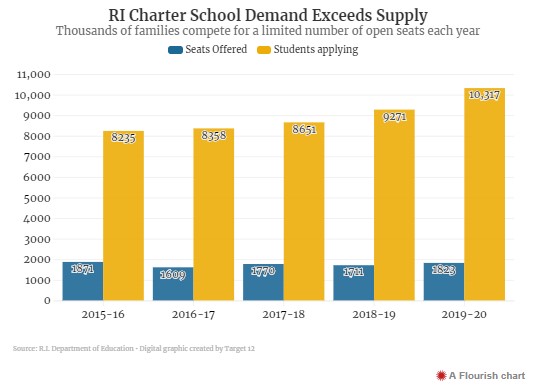In the balance of elections, Tiverton’s charter review commission is relatively obscure, but its importance this year is evidenced by the facts that 24 candidates ran for the nine available seats and the election brought around 150 more people to the polls than voted in Newport’s simultaneous Democrat primary for the state Senate seat vacated by former Senate President Teresa Paiva Weed.
The conclusion of Tiverton’s campaign, yesterday, saw the candidates endorsed by the Tiverton Taxpayers Association PAC sweep all nine available offices. The commission will spend a year reviewing the town’s Home Rule Charter (essentially the local constitution) and gathering feedback from residents and town officials, ultimately recommending changes that the Town Council should (and typically will) put on the November 2018 ballot. The election outcome has huge significance on the policy side and the political side.
On the policy side, the TTA candidates ran with a promise not to substantially modify the financial town referendum (FTR) method of setting a budget, which has produced tax increases under 1% for the last four years. The candidates also pledged to ensure that millions of dollars in revenue expected from the new Twin River casino currently under construction in town will be put through the regular budgeting process, rather than sectioned off beyond the reach of taxpayers’ annual vote.
On the politics side, the election marks a translation of TTA’s budget-election success into a more-traditional campaign for office, with an outcome more decisive than the group’s partial victory securing a large minority of Budget Committee seats in November (including one currently occupied by this writer).
The next challenge for the taxpayer group will be similar achievements during the regular election cycle, rather than special elections and spring referenda. The prospects are brightened by the fact that five of the nine winning candidates have not held public office in Tiverton before, and at least two of the five have shown an interest in political activity beyond the commission, with Richard Rom and Justin LaCroix having run for state senate and representative seats last year, ultimately unsuccessfully. In yesterday’s election, LaCroix was the highest vote-getter, with nearly 50% of the vote in the 24-person race.
Addendum (2:42 p.m., 7/19/17):
RI Future’s Steve Ahlquist makes the reasonable point that this post should mention my involvement with the Tiverton Taxpayers Association, with which I hold and have held various “official” positions, although the simpler truth of the matter is that I’m one of a handful of “core” members. The omission was in no way intended to mislead, but was premised on the expectation that most readers would know of my deep involvement with the group or, at the very least, that I’m sympathetic with it, whatever my involvement.
In that regard, such a “disclosure” would be similar to requiring Providence Journal reporters to mention their union affiliation any time they report on related labor unions. Of course, I’ve faulted them from time to time for not doing so, so given the specific nature of this post, I should have mentioned the affiliation.

